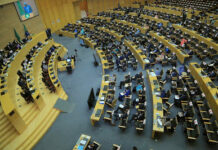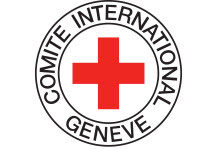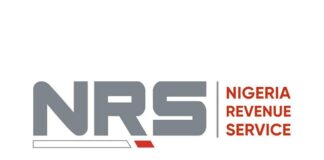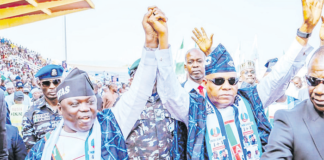The levy follows a tumultuous split from ECOWAS, initiated when the three countries declared their intent to leave in early 2024 amid strained relations
Junta-Led Sahel States Impose 0.5% Levy on ECOWAS Imports, Signalling Deeper Rift
The Alliance of Sahel States (AES), a newly formed coalition of junta-led nations—Mali, Niger, and Burkina Faso—has introduced a 0.5% import duty on goods from Economic Community of West African States (ECOWAS) countries.
Announced in a joint statement last week, the levy, effective since Friday, aims to raise funds for the alliance’s operations. It applies to all ECOWAS imports entering the three nations, with an exemption for humanitarian aid.
This move undermines ECOWAS’s commitment to maintaining free trade with the AES countries, despite their formal exit from the bloc in January 2025. ECOWAS had pledged to uphold the ECOWAS Trade Liberalisation Scheme (ETLS)—a framework ensuring duty-free and quota-free trade across member states—and extend visa-free movement and residency rights to citizens of Mali, Niger, and Burkina Faso.
However, the AES’s new tariff erects a trade barrier, clashing with ECOWAS’s goal of seamless regional commerce. Analysts warn this could raise trade costs, disrupt supply chains, and fuel inflation in the AES nations by driving up the price of imported goods, further weakening the bloc’s free trade framework.
The levy follows a tumultuous split from ECOWAS, initiated when the three countries declared their intent to leave in early 2024 amid strained relations.
The juntas accused ECOWAS of failing to bolster its anti-terrorism efforts and imposing punitive sanctions after coups brought it to power—measures the bloc later lifted. Despite ECOWAS’s appeals for reconsideration and transitional guidelines to ease the exit’s impact, the AES nations stood firm, officially departing in January.
ECOWAS has since maintained an open-door policy, expressing willingness to welcome them back, but the import duty signals a widening divide.
Tensions trace back to sanctions imposed by ECOWAS after military takeovers in Mali (2021), Burkina Faso (2022), and Niger (2023), which the juntas claimed hurt their citizens more than their regimes. The AES, formed as a counterweight to ECOWAS, reflects their push for autonomy and frustration with the bloc’s approach to regional security and governance.
In a related development, Niger has also pulled out of the Multinational Joint Task Force (MNJTF), a coalition with Nigeria, Chad, and Cameroon combating Islamist insurgencies in the Lake Chad region since 2015.
Announced via state television on Sunday, Niger’s withdrawal aims to “reinforce security for oil sites,” according to the bulletin. This follows Chad’s earlier threat to exit after a deadly attack killed 40 soldiers last year. Niger’s departure could weaken the MNJTF’s efforts against groups like Boko Haram and the Islamic State in West Africa Province, compounding security challenges in an already volatile region.
The AES’s levy and Niger’s MNJTF exit underscore a broader shift, as these junta-led states prioritize internal funding and security strategies over regional cooperation, potentially at the cost of economic stability and collective defense. Read More















